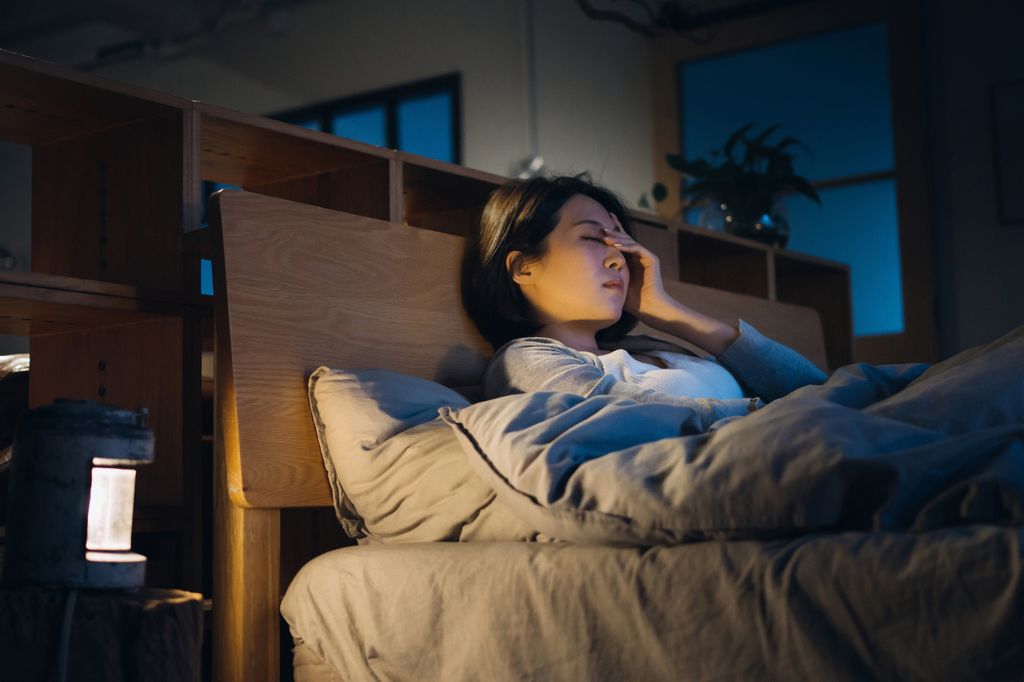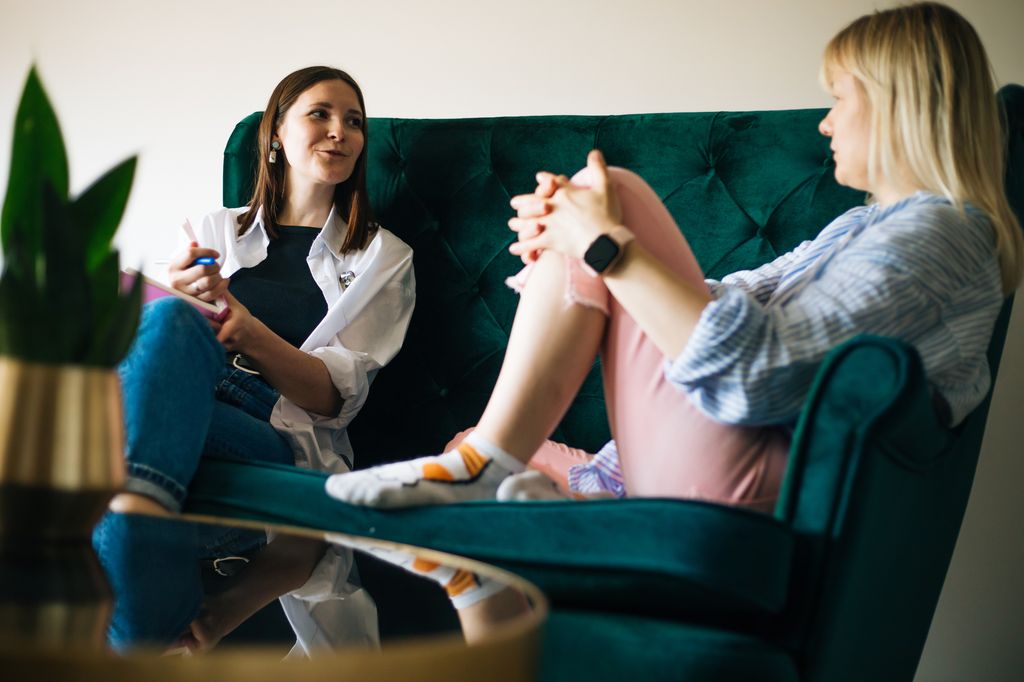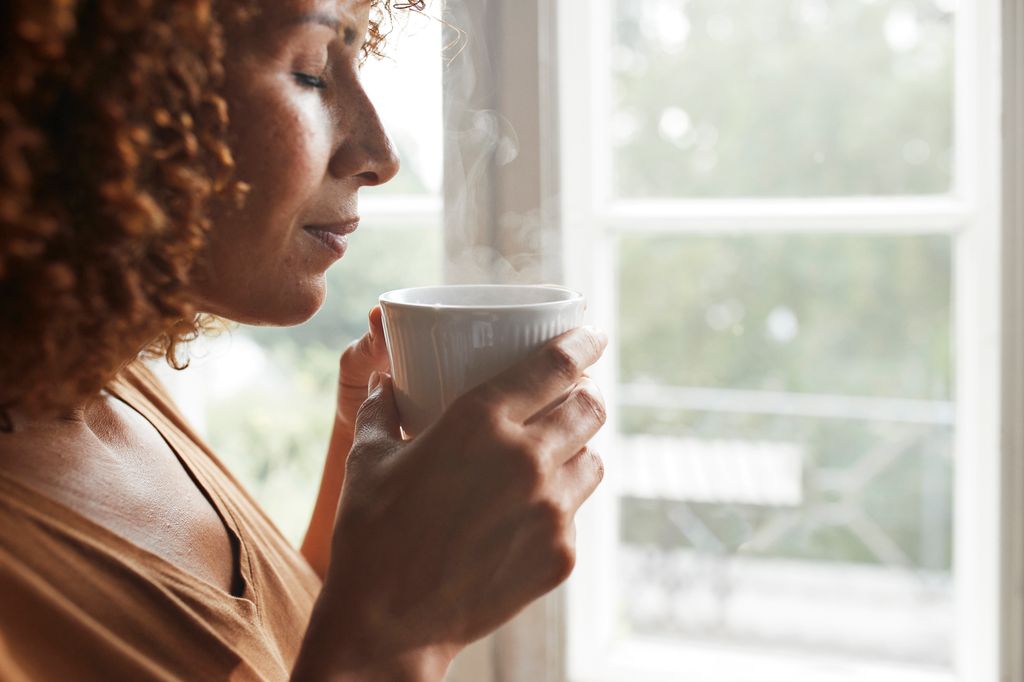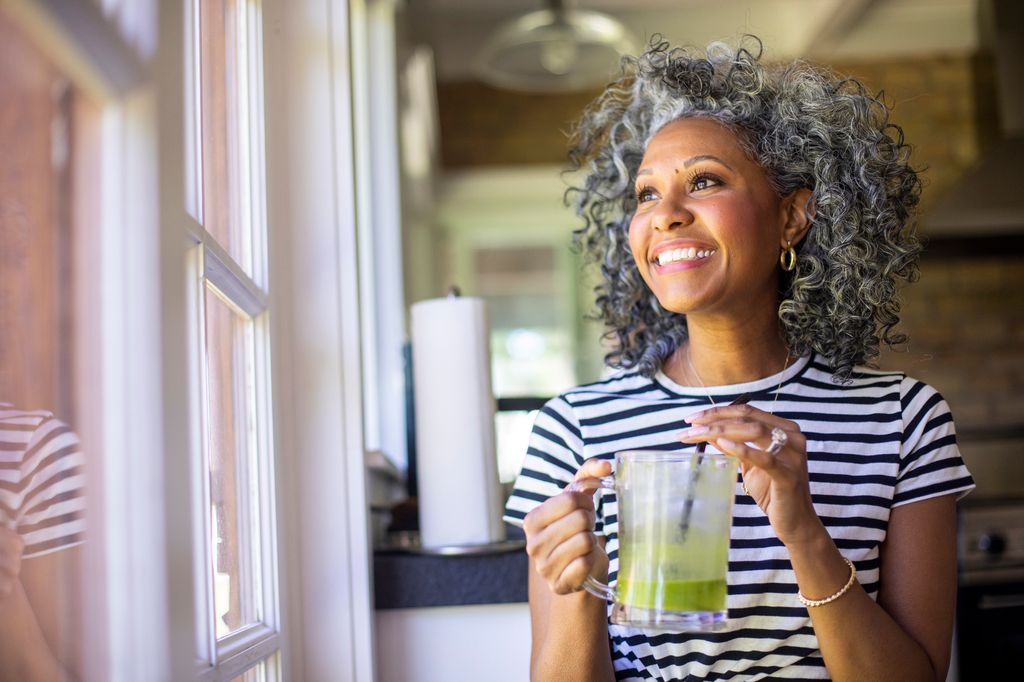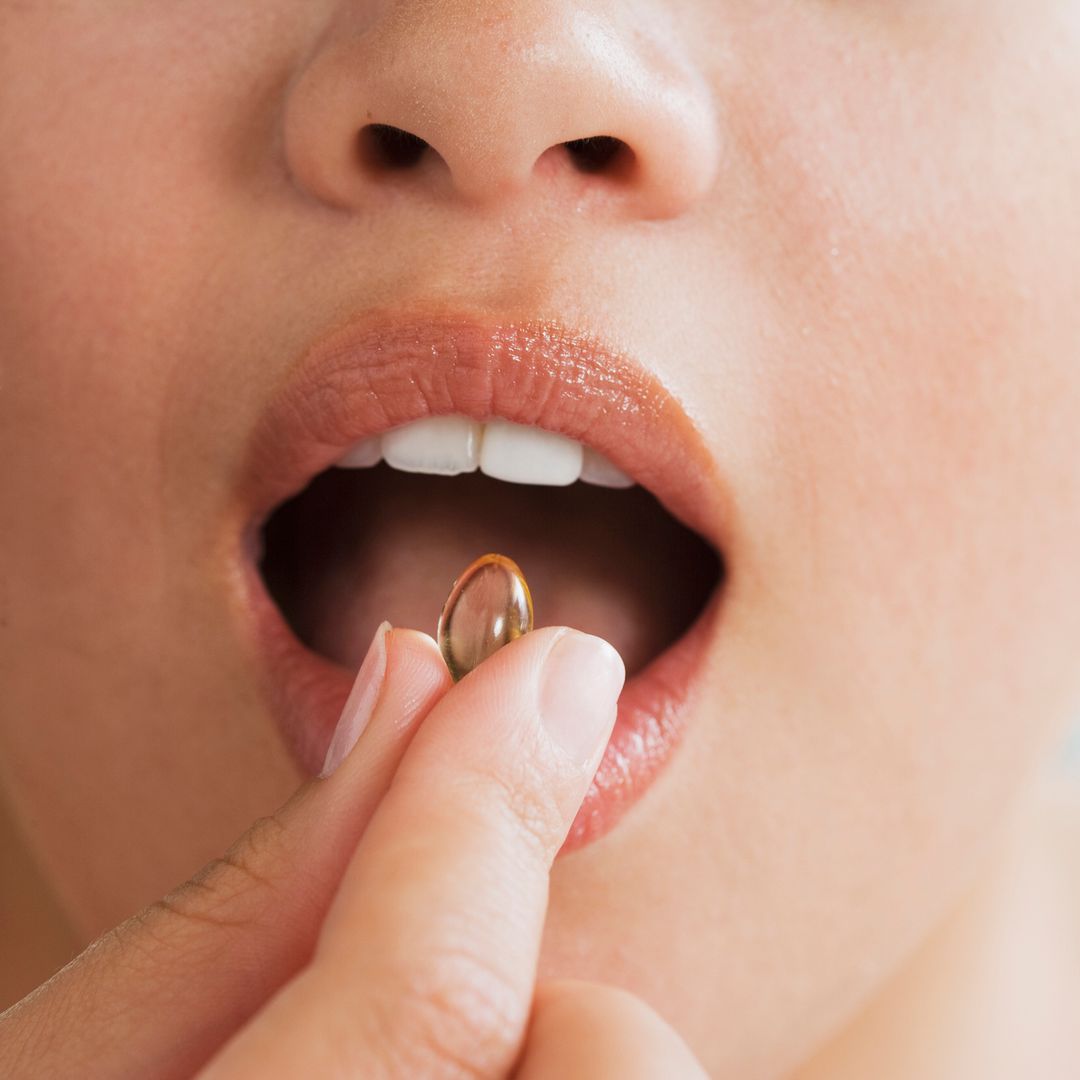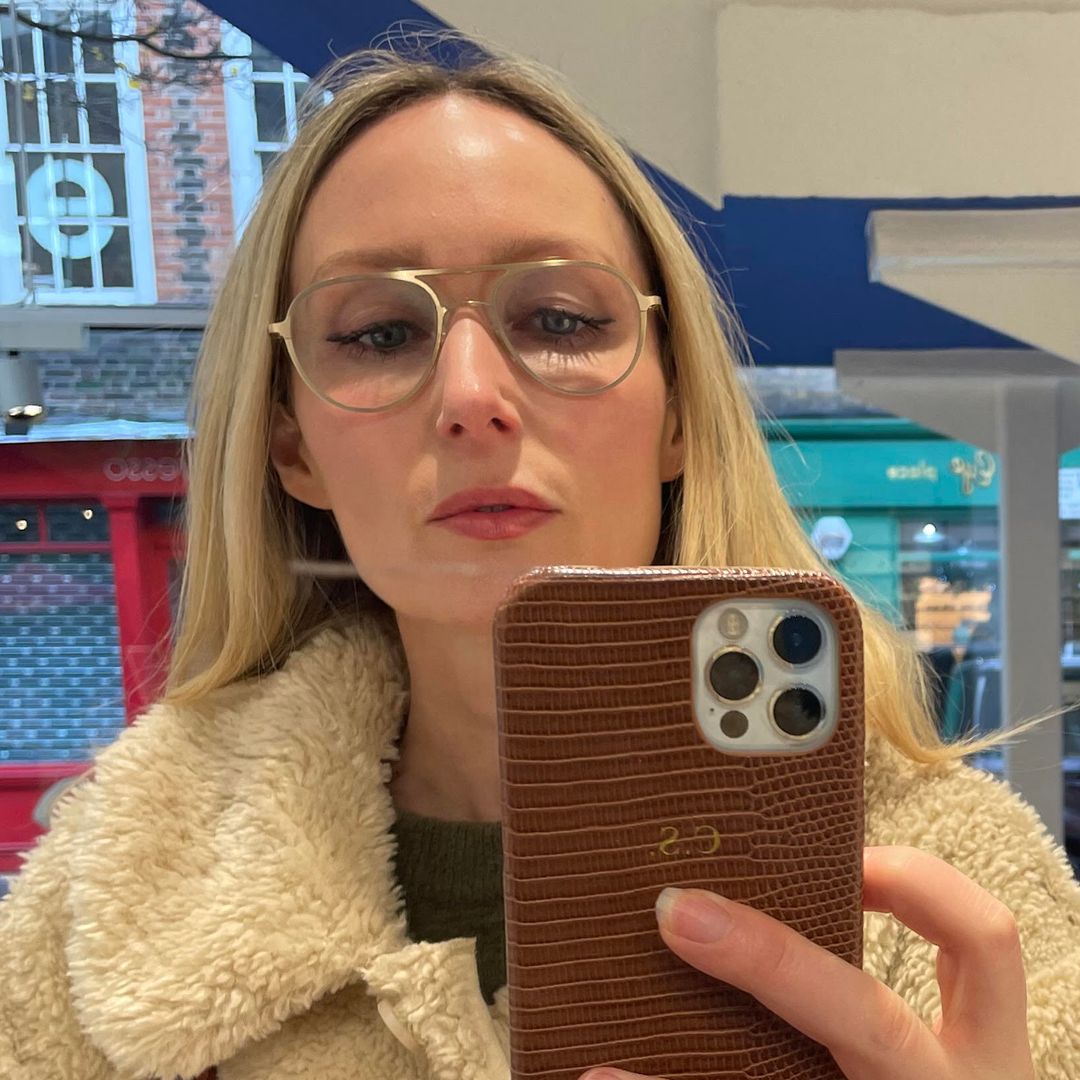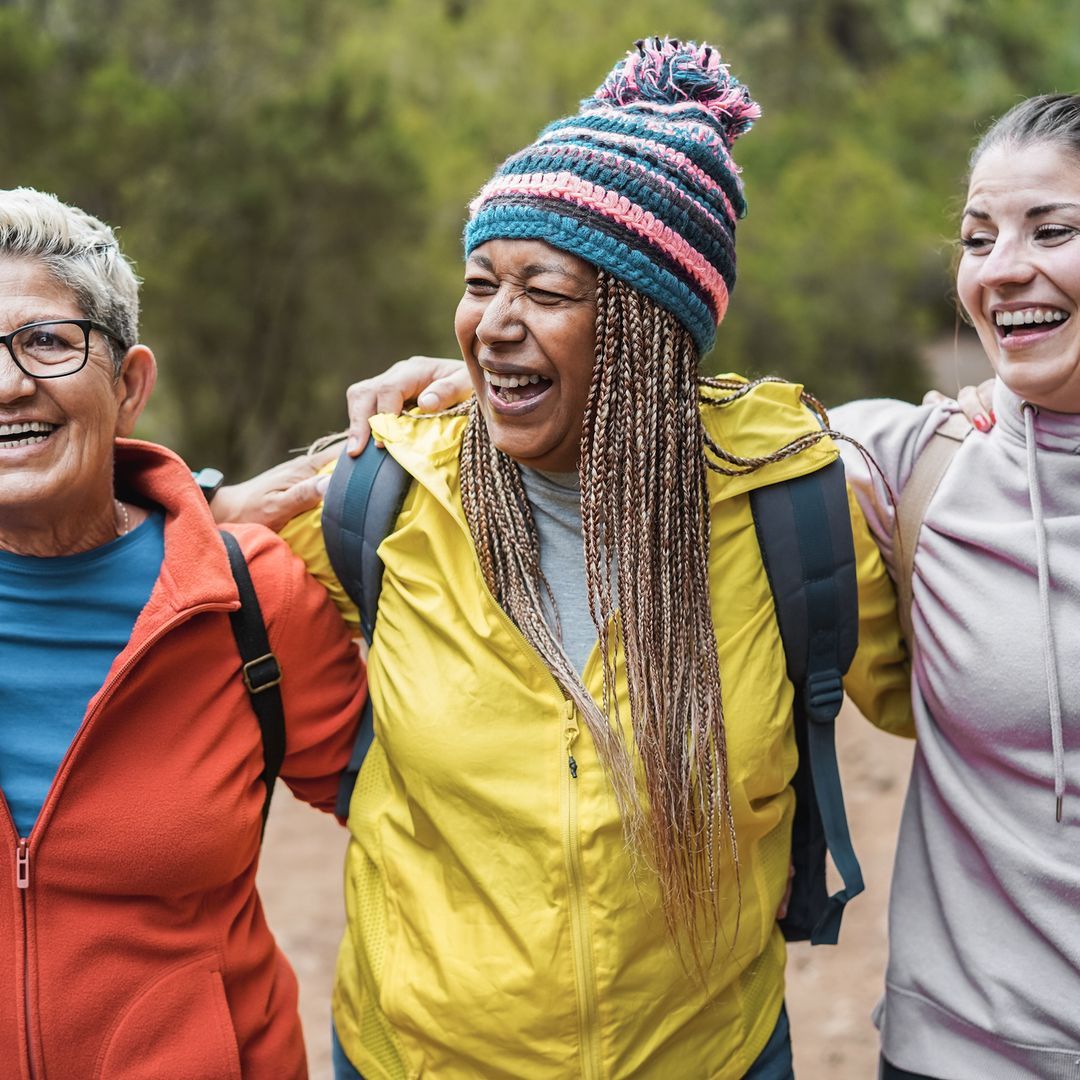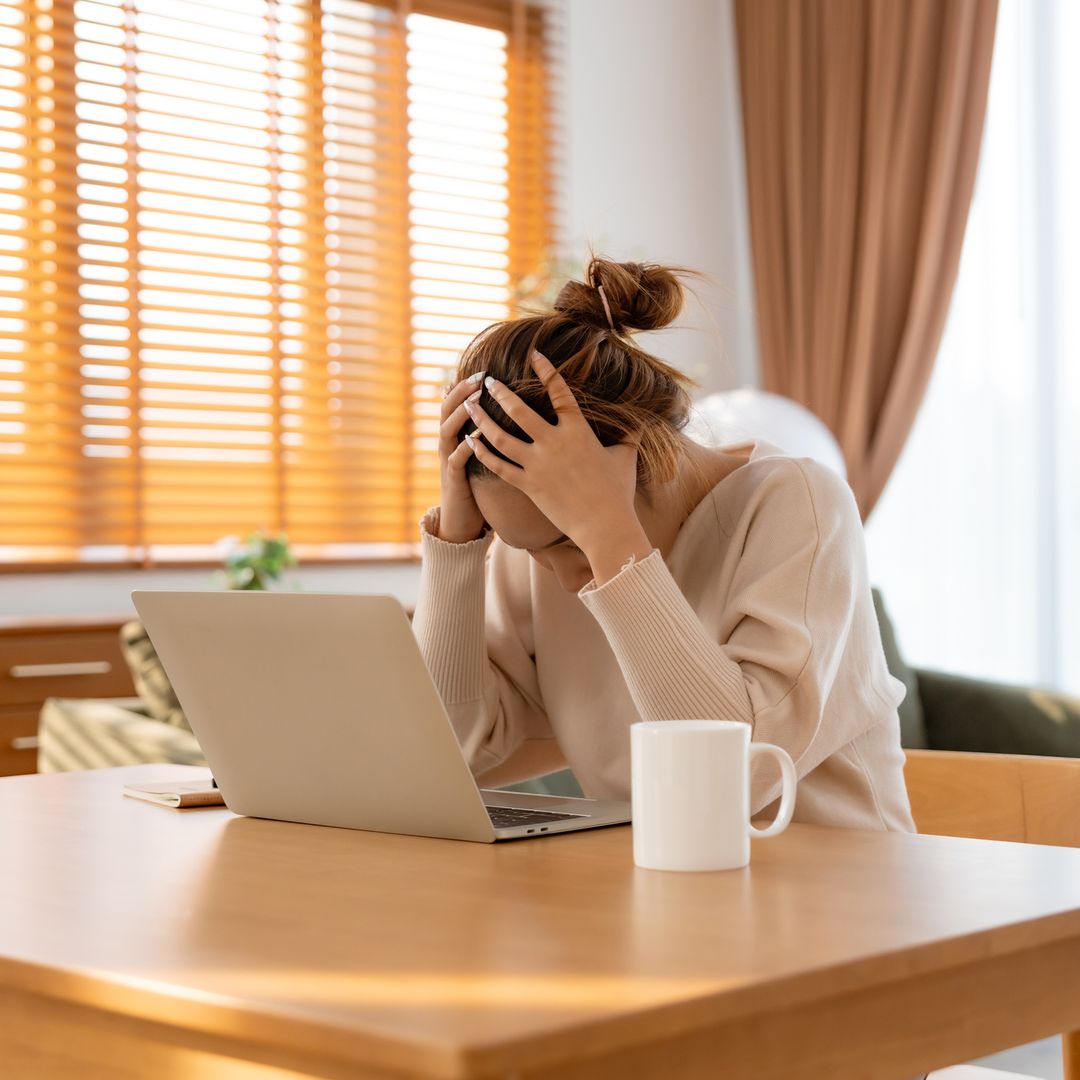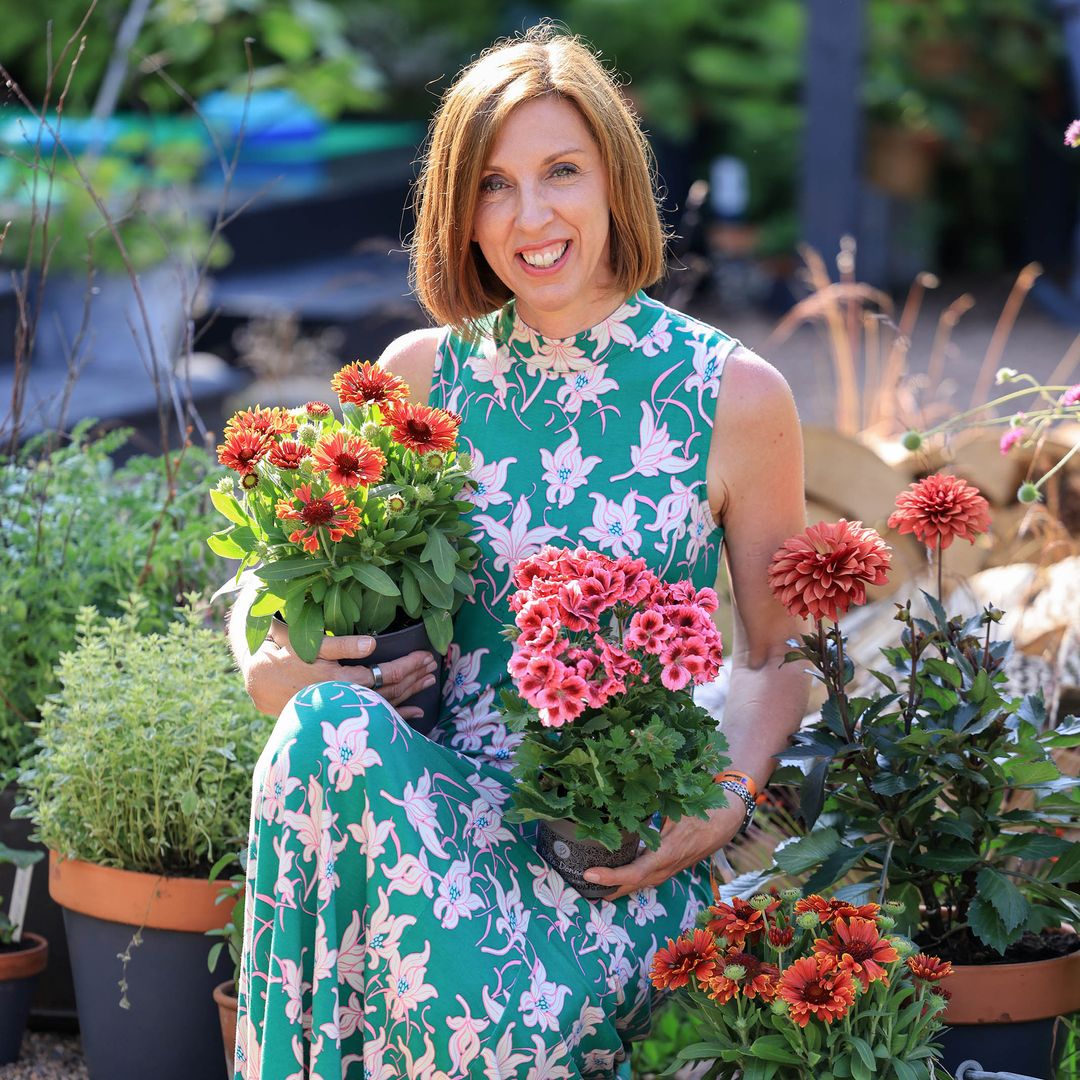If there's one guarantee about being a woman, it's that we will go through menopause – but how this period of our lives will impact us is shrouded in mystery until it's upon us.
"Every woman experiences this transition differently and there is no single approach that works for everyone. The journey starts at different times and manifests in different symptoms," says psychotherapist Holli Rubin, who has created the Menopause: Surviving & Thriving 12-week programme to help guide us through the journey.
"Perimenopause can go on for up to ten years, but some people will absolutely sail through it and not even realise anything is changing," says Holli, who has been joined by experts in nutrition, sleep and mental health, to create the programme, hosted by mental health, wellness and coaching clinic The Soke.
Here, Holli and her team of experts share the one thing they want women to know about menopause.
1. Don't fight sleeplessness
Sleep disorders affect nearly 50% of us in the years leading up to and following menopause, explains CBT-I therapist and sleep expert Kirsty Vant, but lying awake stressing about being unable to sleep won't help.
"When we can't sleep, our anxiety is heightened," Kirsty says: "If we feel anxious or vulnerable, our bodies are programmed to stay alert so we can protect ourselves, which disturbs our sleep even further.
"If you can’t sleep, don’t lie in the dark worrying about it, as this can increase your sense of vulnerability and therefore your body’s need to be awake.
"Instead distract yourself with something you enjoy and get comfortable. Rather than focusing on your need to go to sleep, try to focus on creating an environment around you that feels safe and reduces any sense of vulnerability. Then let your body build up a natural desire to fall asleep."
2. Speak to your friends
"Menopause can be viewed as a voyage of discovery and feel like an unpredictable and unique process," says psychotherapist and breath expert Taye Davey.
"You might find similarities with family members and friends, but this is not a given – that's not to say you shouldn't compare notes with friends, though."
"Menopause seems to be a cycle in which a flood of emotions arises, possibly including feelings of shame, loneliness, powerlessness and grief," Taye continues.
"One of the most courageous actions we can take in life is to ask for help. Speak to friends, read up about menopause and seek professional guidance. You may discover that people’s knowledge and experience can assist you, and you might be able to share that support with other friends."
READ: How my husband and I navigated the minefield of menopause
3. Avoid caffeine
If you're struggling with the aforementioned sleeplessness, caffeine might seem like your best friend, but it's actually a frenemy, says dietician Christina De Beukelaar, as it can exacerbate hot flushes and night sweats.
"Reducing the intake of caffeine and alcohol while practicing mindful eating can be beneficial in menopause," Christina confirms.
"A balanced and nourishing diet is crucial for promoting general wellbeing. Calcium, vitamin D, nutritious fats, fibre-packed foods, protein, phytoestrogen-rich foods and proper hydration should all be prioritised."
Christina adds that it's essential to note that individual nutritional needs vary, and consulting with a healthcare professional or a registered dietitian can provide personalised advice based on specific symptoms and needs.
INSPIRATION: How to get your fashion mojo back in your 40s and beyond
4. Perimenopause can start early
"I wish I had known that perimenopausal symptoms can start eight to ten years before menopause and can include symptoms such as depression, overwhelming anxiety, irritability, insomnia and fatigue," says gynaecologist Dr. Tania Adib.
"The symptoms are so vague and general that it’s easy to put them down to life circumstances. What is actually happening is that ovulation is not occurring as effectively, so progesterone levels are dipping.
Progesterone is the calming hormone, which helps with sleep and mood and reduces anxiety and irritability. Taking bio-identical progesterone at this time can be incredibly helpful."
5. Menopause can be positive
"We are living upwards of 30 years beyond our 50s and we don't want to continue buying into this myth that we should become invisible, that we're over the hill and should no longer appear in public roles," says Holli.
"It's important for us all to remember that after the bumpiness of perimenopause, things calm down and menopause can be a nice time where you can look forward to the future with excitement.
INSPIRATION: I'm a menopause wellness coach and this is what helped me through menopause
"Post-menopause is an opportunity to redefine who we are, being open to accepting ourselves in a new way. Women often describe this time as a very energetic era and, and that is very exciting."
"This is a time when women can let go of past roles that didn't suit us, and embrace the opportunity to discover who they want to be going forwards."
Visit HELLO!'s Second Act hub for inspiring stories of women living their best later life

